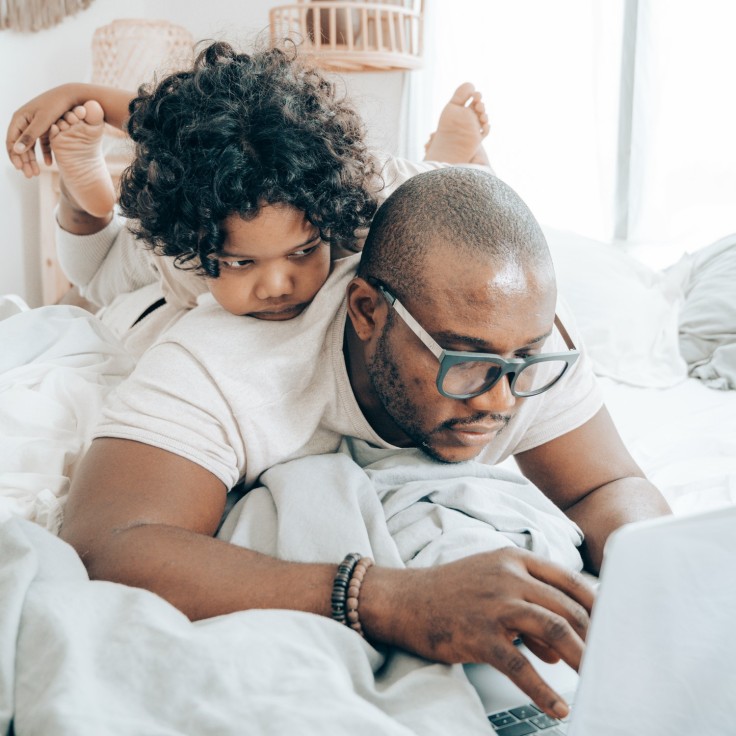
If you're wondering how to be patient with kids, continue reading. Whether you're parenting, caring, teaching, working or volunteering with children, it is normal to feel impatient with them at times. But learning to let go of such feelings despite the messes, frustration, and mistakes will be a vital skill when caring or being with children.
READ ALSO: How to Sleep, Train Toddlers or School-Aged Kids
Take deep breaths
The first step on how to be patient with kids is by relaxing. Slowly inhale and exhale to signal your body to relax, and to restore balance if you are feeling out of sorts and tense. This step can also help you to take a minute to know the situation you are in and how you will choose to respond to it.
Excuse yourself
Take a step away from a situation to allow yourself to be removed from that situation if you are worried that your reaction will not be one of patience. But make sure that you still maintain supervision of the children even when you step away. Use a baby monitor or ask someone to look over them.
Talk it out with them.
One important thing to remember on how to be patient with kids is that you need to build a connection with them. Avoid lecturing them, and be more reflective rather than reactive. Listen to what they have to say before you speak. Know the difference between talking with them and talking at them.
Put yourself in their shoes.
In knowing how to be patient with kids, you need to be able to understand them, to understand where they are coming from, and to evaluate the situation from their point of view. This step will help you to work out what their intentions are and how to react in a way that they will understand.
READ ALSO: How to Treat Pink Eye: Home Remedies That Are Easy to Find
Be a good example for children.
It will help if you consider your behaviour, words, and reaction to situations that make it difficult for you to keep your patience. In every interaction that you have with them, teach them something about behaviour, whether it is good or bad. And although setting a good example all the time can be hard, remember that while kids don't always deserve more patience, they do need it.
Addressing your own underlying emotions
While you learn how to be patient with kids, you also need to know how to be patient with yourself. Impatience is formed due to other emotions piling up that are not being dealt with properly. Be patient with yourself in addressing and letting these emotions out in the open, so that outside issues don't harm your patience towards the children. If you can't deal with a certain situation right away, write it down on a piece of paper, prepare your action plan, and revisit it as soon as you get the chance or as soon as you are ready.
READ ALSO: How to Decrease Chances of Getting Coronavirus [Every Family's Checklist]